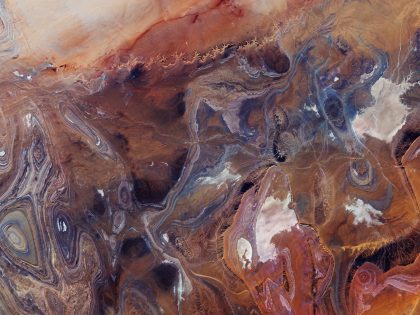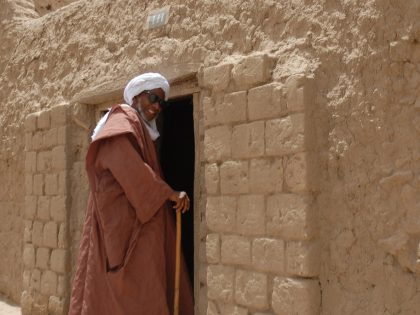
Soft Salafization in the Sahel
Many see Salafism as rigid and unbending, but in the Sahel, political conditions force its proponents to be smart and savvy.

Many see Salafism as rigid and unbending, but in the Sahel, political conditions force its proponents to be smart and savvy.

There is a remarkable connection between Mali and South Africa, dating back to the liberation struggle, and actively encouraged by the author’s work.

The film "Africa Mia” (2019), directed by Richard Minier and Edouard Salier, explores the musical connections between Cuba and Mali.

Let’s talk about the role Western institutions can play in achieving climate justice in the Sahel.

An interview with the filmmakers, Ousmane Samassekou and Aïcha Macky, about their films: two stunning documentaries creating new narratives about migration.

Slavery existed in the Sahel before the Transatlantic Slave Trade and endured beyond its abolitions. To this day.

The performative documentary 'Sun of the Soil' restores the historical record of the 'great king' of Mali, Mansa Musa.

As the death toll from political unrest rises in Mali, what's behind the conflict and how is it likely to end?

The heat is on in Bamako. The political crisis in Mali is moving so fast, by the time we publish, things have moved on. Here's a good backgrounder.

What roles have francophone African women played in movements for pan-African liberation, historically and now?

The famed Malian musician celebrates his 70th birthday and 50 years in the industry in 2019.

How local conflicts in the Sahel-Sahara over justice, or rather its absence, get dragged into tensions between outsiders.

Mali can't guarantee its citizens that it will protect them.

Preserving the photographs of five Malian photographers - including Mamadou Cissé and Malick Sidibé - online.

Malians started arriving in New York City in the 1980s, numbering about 8,000 now. They also brought their music.

An interview with Samba Gadjigo, the late Ousmane Sembene’s longtime friend and official biographer about the resurgence of Sembene’s work.

It has become customary to discuss Mali while simultaneously ignoring Mali.

"Timbuktu," the first film by an African-born black filmmaker to be nominated for the best foreign language film Oscar, transcends the present.

Mainstream journalism must stop treating Timbuktu and Timbuktians as artifacts, focusing mainly on manuscripts.

Why is the conversation in New York about what the government will do about an epidemic, while for West Africa many look instinctively to NGOs?